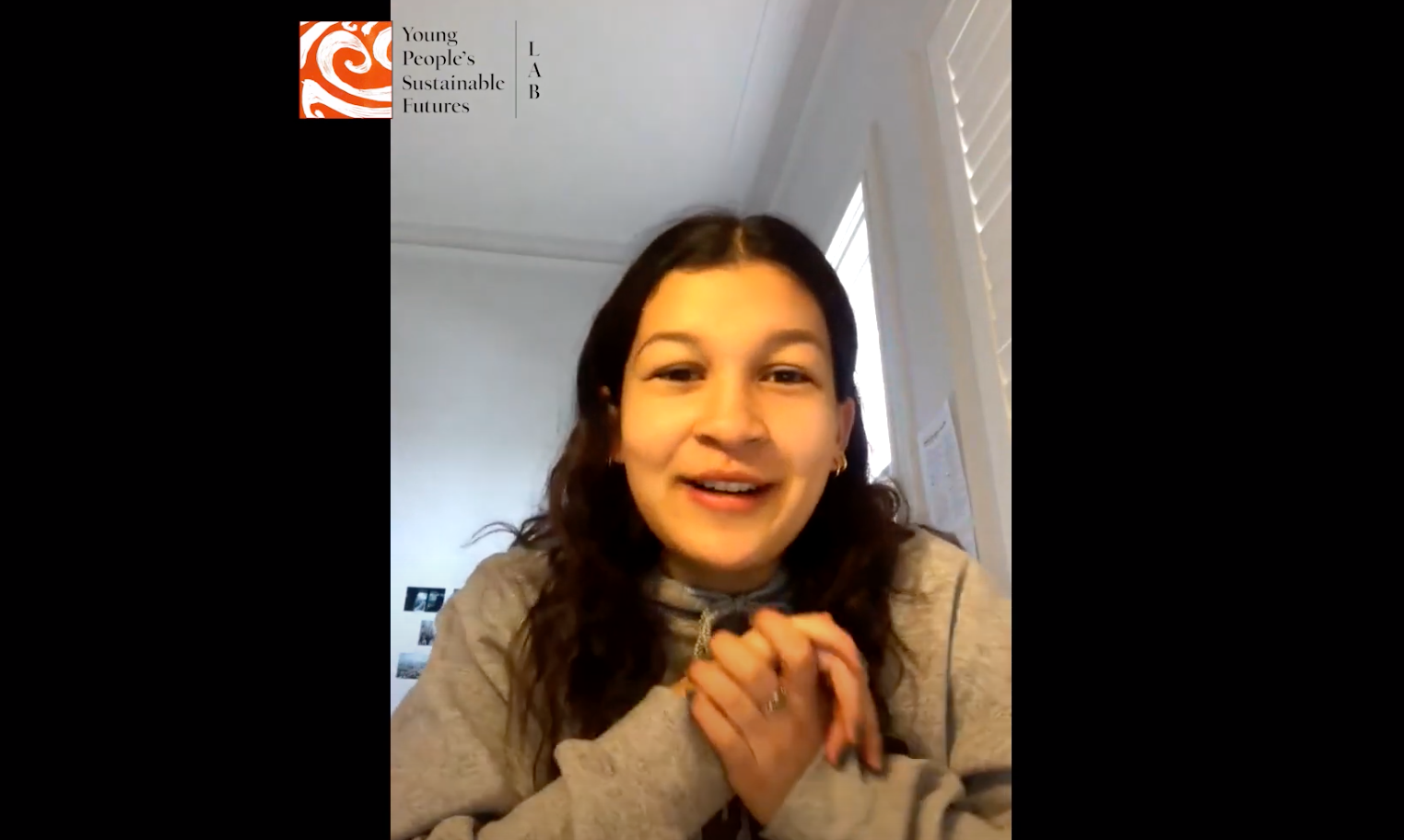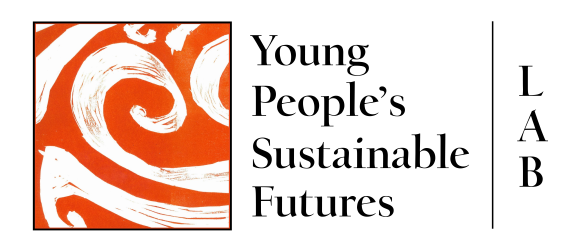
This post provides a link to a video where Rosie, an 18 year old young woman from Melbourne’s inner norther suburbs, talks about her life in the context of the COVID-19 pandemic, and her anxieties, fears, hopes and aspirations about the future.
Rosie is a young person who is articulate and passionate about politics, her education, and social justice. She has acted as a leader in televised discussions about the impacts of ‘stage 4’ lockdown across metropolitan Melbourne during July-September 2020, during public health attempts to ‘flatten the curve’ of the 2nd wave of the COVID-19 pandemic.1
Rosie tells us that this time has been challenging for her, learning online and at home during lockdown, and describes wider concerns for how ‘COVID has exemplified the inequalities within the VCE system’. Rosie describes herself as going to a ‘pretty high socio-economic public school’, and her concern for the distribution of digital resources across public and private schools. Her school experienced ‘system overloading’ and ‘internet dropouts’ while trying to ‘test out their equipment’ and that ‘private [schools] were able to close before we did’. Rosie describes that learning in an online environment limited her opportunity ‘to thrive around other people and having discussions’, and that ‘not having that one-on-one contact is really hard’.
In terms of her future, Rosie says that ‘our government needs to understand and open their eyes to what we’re contributing to things like climate change, and how we can help countries less fortunate than us.’ Rosie argues that we need to ‘turn on our moral obligation key because we are not really doing that at the moment.’ Rosie wants her government to take action on Black Lives Matter, Australia’s ranking of ‘insufficient effort’ in addressing the climate crisis, ‘the bushfires’, and the asylum seeker and refugee crisis, discrimination and racism. At the time, Rosie aspired to study global politics at university in 2021, but, worried about getting a high enough ATAR score, was looking at alternative entry pathways.
Rosie is ‘scared and anxious’ that her generation will bear the economic burden of the COVID crisis and recession, all the while, ‘paying off uni fees’ and facing increasingly limited opportunities to ‘buy a house’. However, Rosie projects an optimistic and confident face.
Rosie’s story reminds us that stakeholders across the inner north of Melbourne – schools, youth organisations, social enterprises, and local government – need to take seriously the question of young people’s aspirations to address problems such as the climate crisis, structural inequalities across the schooling system, discrimination and racism.
The COVID 19 Recovery Scenario’s for Young People in Melbourne’s Inner North Project
The COVID 19 Recovery Scenario’s for Young People in Melbourne’s Inner North is a collaboration between the UNESCO UNEVOC Centre at RMIT University (in the School of Education), the Inner Northern Local Learning Network (LLEN), the Inner North Youth Employment Taskforce (INYET) and the education, training, business, youth service and advocacy agencies, and local government agencies and authorities that are members of the LLEN and INYET.
Using a scenario planning methodology – see the links here to an outline of this approach – the project aims to develop a range of scenarios for young people in Melbourne’s inner north in 2025.
Figure 1 below provides a summary of the scenarios as they have been developed to this point – and in relation to the intersections and entanglements between the four main themes that have emerged from the research: Health and Well-being; Education and Training; the Economy and Livelihood; Community.
Figure 1: Three scenarios for 2025.

Figure 1: Three scenarios for 2025.
The project involved interviewing more than 50 young people in Melbourne’s inner northern suburbs – in the City of Yarra, City of Darebin and City of Moreland. These young people are stakeholders in their own futures. We aimed to develop innovative ways of providing a space for their voices, and for their voices to have impact in their communities and beyond.
The project conducted these video interviews via the VideoAsk platform, and we are gradually curating and uploading these videos to our YouTube channel.
